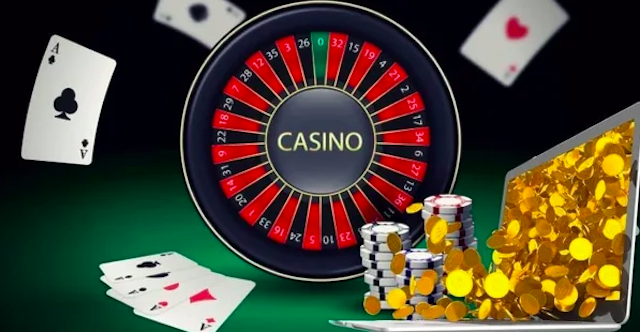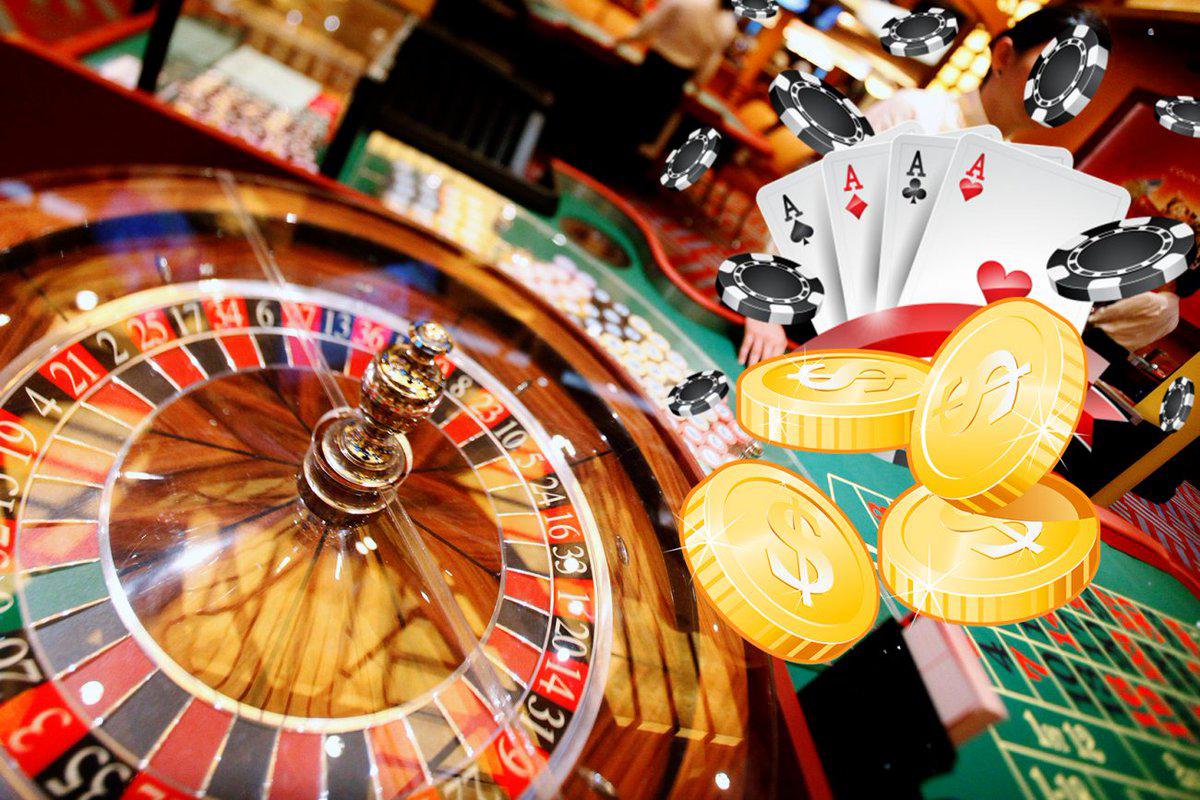As part of premium programs aimed at high-activity clients, the bonus policy is built on special principles. First of all, behavioral characteristics, betting history, and the average deposit size are taken into account. Standard bonus packages are not of interest to such clients, so flexible offers adapted to the user’s goals are used.
The main advantages of VIP casinos are expressed in freedom of choice. The platform offers personalized bonuses with adjustable parameters — size, validity period, and accrual rules.

Wagering Conditions Without Strict Limitations
The wagering mechanism often becomes a critical point when using bonuses. Standard conditions may include high multipliers and strict completion deadlines. However, special rules apply to VIP program participants: the wager is reduced, deadlines are extended, and wagering on more flexible bets is allowed.
The advantages of VIP casinos in terms of wagering not only reduce the burden but also integrate the use of bonuses into the overall gaming process. This is especially important when conducting a large session or using multiple bonus offers simultaneously. Operators understand that such clients require a different approach to calculations and deadlines.
Advantages of VIP Casinos When Using Bonuses for Large Deposits
When making significant deposits, special reward mechanisms are activated. The bonus amount is credited on an individual basis, usually after approval by a personal manager. Such offers are not publicly disclosed and are only available through direct interaction with the platform.
In addition to financial benefits, the advantages of VIP casinos include privileges in choosing bonus currency, partial removal of game restrictions, and cancellation of the standard list of excluded slots. Flexible conditions create confidence in the fairness of interaction, especially in the case of large investments where risks are higher than for an ordinary user.
The Role of a Personal Manager in Bonus Policy
The appointed specialist performs not only administrative functions but also actively participates in shaping the bonus program. They can change bonus conditions upon request, agree on an individual wager, or even activate an offer outside the standard schedule.
A personalized approach in this context is a key indicator of status. The advantages of VIP casinos are enhanced by continuous support, ensuring prompt resolution of any issues. Additionally, the manager informs about new promotions before their official announcement, allowing to take advantage of the offer ahead of the main audience.
Types of Bonuses and Benefits Adapted for VIP Players
To create an effective loyalty scheme, several bonus formats specially designed for high rollers are used:
- personalized welcome packages with an increased size;
- bonuses without wagering or with reduced multiplier;
- offers for multiple uses within a month;
- return of lost funds with an extended range of amounts;
- unique offers for birthdays or registration anniversaries;
- early access to bonuses before the start of a public campaign;
- high-conversion promo codes sent personally;
- cashback with direct withdrawal without additional turnover;
- accelerated activation of rewards for activity;
- manually credited funds outside the standard promotion calendar.
This approach demonstrates how the advantages of VIP casinos are realized in the form of a flexible, variable system of motivation and platform interest support.
Transparent Rules and Minimum Restrictions
Premium status implies open interaction conditions. Transparency of the bonus policy is achieved through clear explanation of all parameters, abandonment of hidden requirements, and maximum simplification of the activation procedure. The VIP player base does not accept verbose instructions and opaque rules.
The advantages of VIP casinos are manifested in minimizing restrictions: no need for multi-step registration, no requirement to confirm each action via email, and no sudden changes in conditions. This stability builds trust and ensures sustainable interest in the platform from key players.
Tournaments and Promotions with Premium Bonuses
Within the casino loyalty program, closed promotions and tournaments are organized. Participation is limited — only players with a certain VIP level are allowed. The prize pool is formed not only from contributions but also includes bonuses without wagering, direct cash prizes, and lottery tickets.
Activities are often accompanied by individual rewards, including status trophies, invitations to events, and special conditions for further play. In such initiatives, the advantages of VIP casinos are enhanced by high competition, limited access, and an exclusive interaction format with the platform.
Wagering Mechanics Used in the VIP Segment
Operators develop flexible bonus condition fulfillment mechanisms adapted to the betting format of high rollers:
- reduced wagering (from x5 to x15 instead of standard x35-x50);
- wagering allowed in any section — including live casino;
- automatic bonus deduction after reaching the limit;
- ability to split wagering into multiple gaming sessions;
- no time restrictions on fulfilling conditions;
- betting with high volatility counted;
- manual recount if part of the conditions is not met due to technical reasons;
- premium games with an increased wagering coefficient;
- use of combined bets without losing balance;
- provision of a personal report on bonus activity.
These tools confirm that the advantages of VIP casinos lie not only in the financial aspect but also in the intellectual flexibility of offers, which enhances the convenience and predictability of the process.

Conclusion
Creating a premium segment requires a comprehensive approach. Flexibility in bonus conditions and wagering is one of the decisive factors in the battle for high roller loyalty.
The advantages of VIP casinos are realized through individual offers, simplified rules, and confidential mechanisms that maintain a balance between motivation and control. A strategy based on personalization and fairness enhances trust and ensures long-term engagement of key market participants.











 The conditions for selecting an internet casino help identify signs of fraud. There are specific signals indicating unreliability:
The conditions for selecting an internet casino help identify signs of fraud. There are specific signals indicating unreliability:
 The rules for choosing an internet casino protect against errors and financial losses. Without checking the license, reviews, RNG, payment systems, and bonus conditions, it’s impossible to assess reliability. Ignoring these criteria leads to losses and blocks. Only platforms with transparent financial policies, fast payouts, a confirmed license, and high security levels provide a quality gaming experience.
The rules for choosing an internet casino protect against errors and financial losses. Without checking the license, reviews, RNG, payment systems, and bonus conditions, it’s impossible to assess reliability. Ignoring these criteria leads to losses and blocks. Only platforms with transparent financial policies, fast payouts, a confirmed license, and high security levels provide a quality gaming experience.






 Machine learning algorithms cannot guess age from a photo or understand who is behind a nickname. Identity verification prevents minors from participating, prevents fraud, and protects players’ money. The license obliges the operator to verify each identity to eliminate:
Machine learning algorithms cannot guess age from a photo or understand who is behind a nickname. Identity verification prevents minors from participating, prevents fraud, and protects players’ money. The license obliges the operator to verify each identity to eliminate: Verification in a casino is not a formality but a mandatory element of security, fairness, and transparency. It protects personal data, ensures the legality of financial operations, and excludes the participation of minors.
Verification in a casino is not a formality but a mandatory element of security, fairness, and transparency. It protects personal data, ensures the legality of financial operations, and excludes the participation of minors.